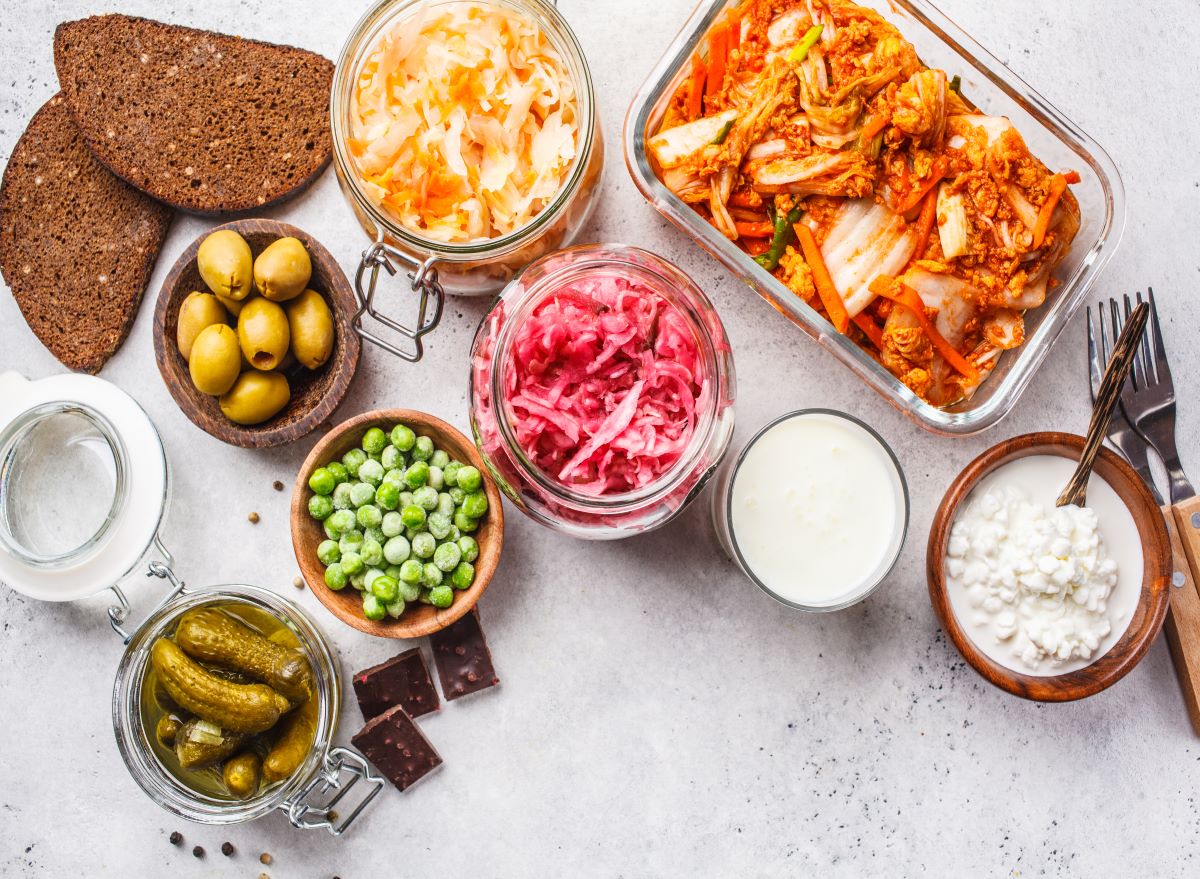Summary of 7 Probiotic Foods Scientifically Linked to Better Health:
Research has shown that gut health is linked to several health outcomes, including diabetes, heart disease, gastrointestinal disease, and depression. Probiotic foods, which contain beneficial bacteria, can help maintain and improve gut health. These foods include yogurt, cottage cheese, miso, sauerkraut, kefir, and kimchi. However, not all fermented foods contain live probiotics, and some foods lose their probiotics during processing. Each individual strain of probiotics has its own potential health benefits, such as supporting the immune system, relieving constipation or diarrhea, and improving mood.
*****
The Importance of Probiotics and Probiotic Foods for Gut Health
Gut health has become a popular topic in recent years, and for good reason: research has linked the gut microbiome to a number of health outcomes, including diabetes, heart disease, gastrointestinal disease, and depression. Improving and maintaining a healthy gut is essential for overall health, and one way to do so is by consuming probiotic foods.
What Are Probiotics and Probiotic Foods?
Probiotics are live bacteria and yeasts that have positive effects on the body. These beneficial microbes can be found on every body surface, but the majority of them colonize in the digestive tract. Probiotic foods either naturally contain probiotics through the process of fermentation or have had bacterial strains added to them.
Not All Fermented Foods Are Probiotics
Fruits, vegetables, and grains all have naturally occurring bacteria on their skin that multiply during the fermentation process. However, not all fermented foods contain active probiotics. Foods like sourdough, chocolate, or heat-treated fermented vegetables or sauerkraut do not have live organisms by the time we eat them due to the heat used during processing. Beer and wine are also fermented, but the yeasts and bacteria present are removed before consumption. However, fermented foods that are typically eaten with beneficial bacteria present, like kimchi, kombucha, and tempeh, have varying amounts of beneficial bacteria in them.
The Benefits of Probiotics
Probiotics support a healthy gut microbiome, creating a barrier that helps prevent bad bacteria from invading the body. They also feed on prebiotics, undigestible fibers that we eat, and produce beneficial byproducts like short-chain fatty acids that increase nutrient absorption and help fight inflammation. Different strains of probiotics also come with their own unique potential health benefits, including improved mood, relief from constipation or diarrhea, and supporting the immune system.
The 7 Best Probiotic Foods for Gut Health
1. Yogurt: Live active cultures are added to milk, breaking down lactose and creating lactic acid. Look for yogurts that contain live cultures such as Lactobacillus bulgaricus and Streptococcus thermophillus.
2. Cottage Cheese: Choose a brand that uses processes to increase the potency of the beneficial bacteria and look for “live and active cultures” on the label.
3. Miso: This fermented soybean paste has been shown to help fight cancer, high blood pressure, and inflammation, and regulate cholesterol.
4. Sauerkraut: Contains beneficial bacteria that improve digestion, reduce inflammation, and enhance immune function.
5. Kefir: Similar to yogurt but made with a different type of bacterial strain. Beneficial for digestive and immune health.
6. Kimchi: The fermentation process promotes the growth of beneficial bacteria known as probiotics that can help improve digestion and support immune health.
7. Kombucha: A fermented tea that contains a variety of beneficial bacteria and yeasts. May help with digestive health, immune function, and weight loss.
In Conclusion
Probiotic foods can play an important role in maintaining a healthy gut and overall health. Incorporating them into your diet can lead to increased energy, improved mood, and a stronger immune system. Consult with a healthcare professional or registered dietitian if you have questions about incorporating probiotic foods into your diet.

